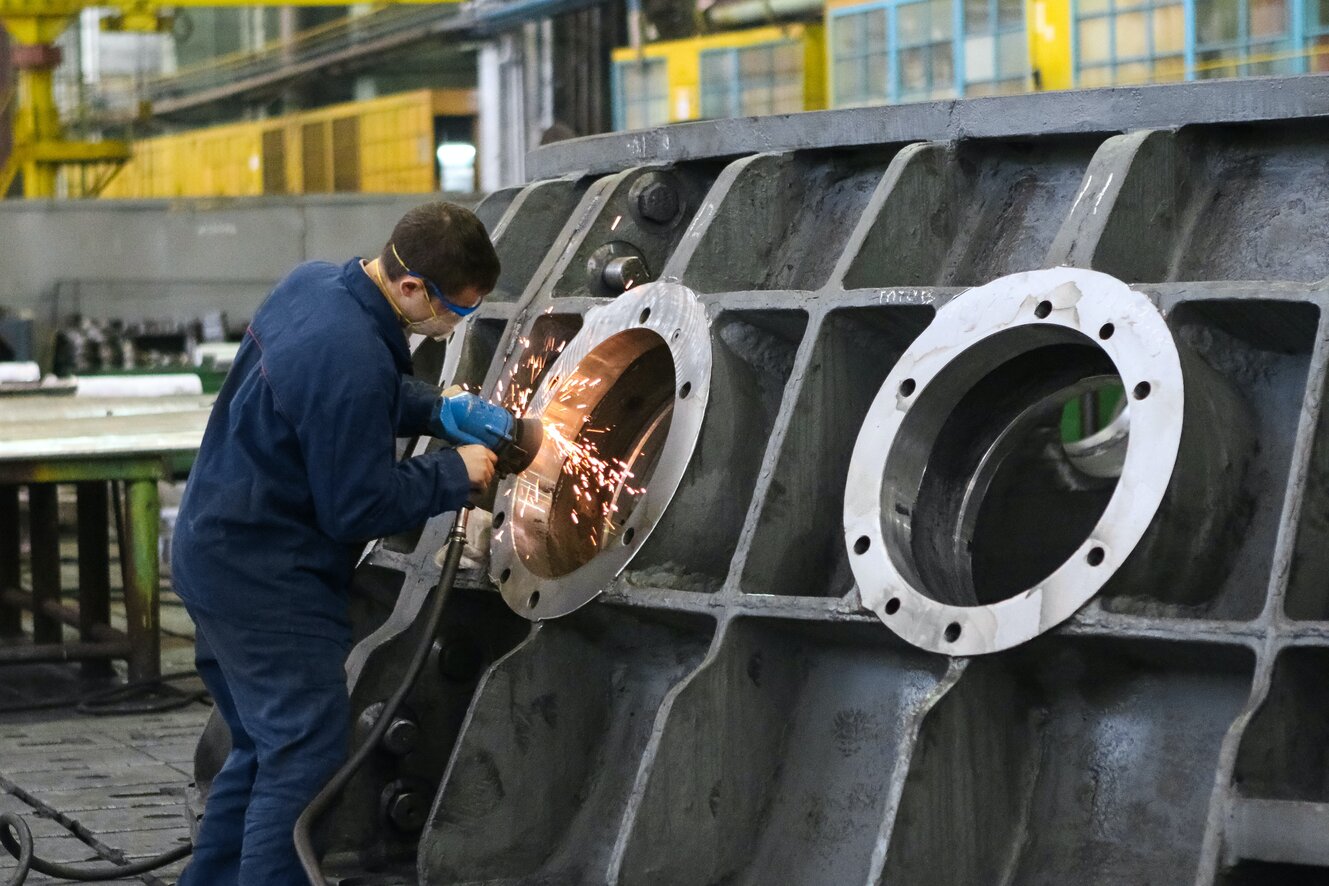
In the large landscape of manufacturing, innovation is quite famous for delivering a strong cornerstone of progress. In the shifting years, technology has regularly reshaped the overall industry, with one of the most significant advancements being the integration of the Internet of Things (IoT). This transformative technology has revolutionized manufacturing processes, offering unparalleled efficiency, overall connectivity, and deep insights.
In this article, we will get into the six applications of IoT in manufacturing, we will be providing light on its important impact delivered on the industry’s landscape.
- Predictive Maintenance: Traditional maintenance practices usually rely on scheduled inspections or reactive measures, which lead to downtime and overall inefficiencies. However, with IoT-incorporated sensors embedded in machinery, and the manufacturers can add predictive maintenance strategies. These sensors constantly monitor equipment’s overall performance, checking anomalies and overall related failures in real-time. By predicting the maintenance requirement aptly. IoT Development Solutions allow manufacturers to plan repair actively, lower downtime, reduce costs, and optimize productivity.
- Inventory Management: Effective inventory management is important for creating smooth operations and gathering customer demands. IoT technologies provide real-time tracking and overseeing of inventory levels, delivering manufacturers with compact insights into stock levels, location, and overall movement. Via RFID tags, sensors, and attached devices, these all can be kept in place. And getting in touch with IoT App solutions in India manufacturers to enhance the inventory replenishment, safeguard stockouts, and enhance supply chain operations. This makes sure that the optimal inventory levels lower the carrying costs and enhances overall efficiency.
- Quality Control: Creating product quality is important in manufacturing, as it checks for the loopholes that can lead to recalls, rework, and customer discontent. IoT solutions provide advanced quality control systems by utilizing sensors and data analytics. These sensors oversee various parameters such as temperature, pressure, and humidity during the overall production processes, this enables real-time detection of the deviations from the quality standards. By checking defects early, manufacturers can take proper actions promptly, which will be ensuring regular product quality and reducing waste.
- Supply Chain Optimization: The modern supply chain is tough, weaving across various geographies and demanding various stakeholders. IoT technologies showcase an important role in enhancing supply chain operations by providing visibility, smooth process, and collaboration. Via interconnected devices and overall systems, manufacturers can oversee the movement of the raw materials, the work-in-progress, and completed goods in real-time. This visibility provides them to make better decision, this improve coordination with the needed suppliers and the logistics partners, and reduces the lead times. As a result, manufacturers can gain enhanced agility, flexibility, and cost-effectiveness in their overall supply chain operations.
- Energy Management: Energy consumption carries a significant portion of the manufacturing costs, crafting energy management as a key focus space for the overall optimization. IoT solutions provide enhanced energy overseeing and managing the capabilities, which will be allowing the manufacturers to oversee and analyze the overall energy usage all around their facilities. By incorporating smart sensors, meters, and overall control systems, manufacturers can check energy inefficiencies, enhance the equipment usage, and incorporate energy-saving measures.
- Real-time Data Analytics: Data is the most important part of modern manufacturing, creating informed decision-making and regular enhancements. IoT tech delivers large amounts of data from sensors, machines, and process it in the real-time. By utilizing advanced analytics and machine learning algorithms, manufacturers can get actionable insights from this data to the optimized operations, enhance efficiency, and bring innovation. Real-time data analytics provide predictive maintenance, need forecasting, overall quality prediction, and the required process optimization, entitling manufacturers to be ahead of market dynamics and customer expectations.
In conclusion, the integration of IoT in manufacturing is known as a new era of effectiveness, productivity, and the needed competitiveness. From predictive maintenance to real-time data analytics, IoT tech provides a cluster of applications and perks that reshape the traditional manufacturing paradigms. By incorporating IoT app development Solutions, manufacturers can seek new opportunities for growth, innovation, and overall sustainability in an increasingly connected world. As the industry continues to grow, IoT will be driving a force behind the manufacturing excellence, enabling organizations to grow in the digital age. Now, what’s stopping you, get in touch with us and avail the perks soon.

Your go-to source for the latest in tech, finance, health, and entertainment, with a knack for distilling complex topics into accessible insights, We deliver timely updates on the ever-evolving landscapes of technology, finance, health, and entertainment








